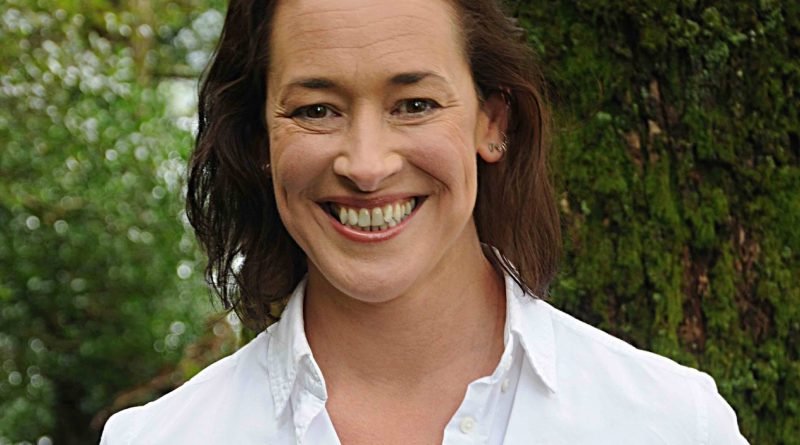Scotland: A third public round of consultation on licensing laws for short-term lets in Scotland is set to go ahead.
Set to run until 13 August, the consultation will focus on Scotland’s principal tourist destinations, including capital city Edinburgh, where the impact of short-term lets has already been debated at length.
With the latest delay, councils will now have until 1 October 2022, rather than the originally stated April 2022 deadline, to establish a licensing scheme for short-term lets. Under the current proposed legislation, all hosts and operators would be required to apply for a licence by 1 April 2023 and all short-term lets would have to be fully licensed by 1 April 2024.
Owners of short-term lets will be required to obtain a licence from their local council, otherwise they will face a penalty of up to £50,000.
The laws were due to be proposed at Holyrood before last month’s election although this was put in hold with another public consultation planned. That delay was largely down to fears that traditional B&Bs were being unintentionally railroaded into the proposed short-term let legislation, despite a previous consultation stating that they would be exempt.
In 2019, it was reported that more than a tenth in central Edinburgh properties were promoted on the platform. Families and young professionals are being forced out of tenancies because landlords can make twice as much by letting to tourists.
Scottish tourism body, the Association of Scotland’s Self-Caterers [ASSC], which has more than 1300 members and commits them to maintaining the principles of “quality, integrity, cleanliness, comfort, courtesy and efficiency”, as well as delivering consistently high standards, has warned that the plans put forward by the Scottish National Party [SNP] for compulsory licenses have “fundamentally failed” to address the industry’s concerns.
Now, as Holyrood shuts down for its summer recess, traditional B&B owners have been left in limbo as they wait to hear whether they will still need a licence to be able to operate during the holiday season.
The ASSC outlined proposals that would allow health and safety-compliant businesses to opt out of the licensing scheme and into a pre-agreed, simplified registration scheme, but this has been rejected by ministers.
Fiona Campbell, chief executive of the ASSC, told The Herald: “The Association of Scotland’s Self-Caterers and other tourism stakeholders engaged constructively with the working group on short-term lets to find solutions to the concerns raised in the last parliamentary session regarding the licensing order which was widely regarded as unfit for purpose.
“Unfortunately, the updated proposals do not strike the appropriate balance and only contains minimal changes. Contrary to commitments made, it has fundamentally failed to address the concerns of the tourism industry – and this is at a time when many businesses have been struggling due to the impact of Covid-19.
“An onerous licensing scheme is the last thing our sector needs at this challenging time. Our survey work demonstrates that around half of our self-catering operators would close their business if this came to fruition.
“It is not too late for the Scottish Government to change course and back Scottish tourism for a sustainable recovery. Our proposals for a mandatory registration scheme, which crucially addresses health and safety issues, will help to secure the Scottish Government’s policy objectives in a more cost-effective and proportionate manner,” she added.
A spokesman for Airbnb told the publication: “Airbnb has long called for clear rules that work for everyone in Scotland but we share concerns with the tourism industry that these specific proposals are too complex, costly and bureaucratic.
“That is why the tourism industry has put forward clearer proposals that will achieve the same goals while supporting local families and helping accelerate Scotland’s economic recovery. We remain committed to working with the Scottish Government through its consultation to ensure we get this right,” they added.
Under the most recent plans, local authorities will have the ability to exempt short-term let owners in premises from a compulsory licence for a “particular occasion or for up to six weeks each year”. This will be subject to rules set out by Edinburgh City Council.
Meanwhile, Scottish Conservative local government spokesperson, Miles Briggs, said his party was “committed to standing with the sector to stand against these proposals, which are unworkable in their current format”.
ASSC chief executive Fiona Campbell will be speaking on today’s RockSTRz webinar [Tuesday 29 June, 4pm BST] on ‘The challenges and opportunities facing the short-term rental industry’ – sign up for free here.







